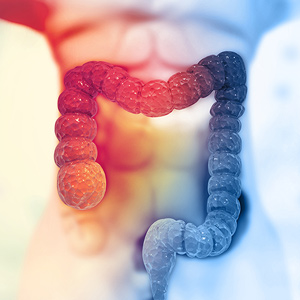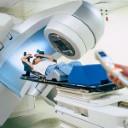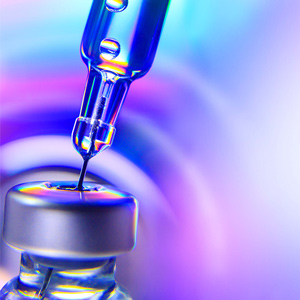Treatment
-
October 22: The Week in Cancer News
Researchers suggest Black women should be screened for breast cancer at age 40, and a couple reflect on how a cancer diagnosis affected their adoption journey.
by Bradley Jones
-
Rethinking Clinical Trials
Could changes spurred by safety concerns during the pandemic make clinical trials more accessible to patients?
by Charlotte Huff
-
Forward Look
Predicting Colorectal Cancer RecurrenceLiquid biopsy tests can find tiny amounts of disease that remain after surgery and chemotherapy.
by Kris Conner
-
Forward Look
What’s Next? Fall 2021Oncolytic viruses to treat pediatric glioma.
by Natalie Slivinski
-
September 10: The Week in Cancer News
9/11 first responders' cancer survival compares favorably to the general population, and a study identifies different mutational signatures in lung cancers from never-smokers
by Marci A. Landsmann
-
August 27: The Week in Cancer News
Regular exercise can help mitigate cognitive problems associated with chemotherapy, and researchers learn more about the link between cholesterol and cancer.
by Bradley Jones
-
August 20: The Week in Cancer News
Patient volume at radiation therapy clinics can affect outcomes, and experts call attention to a third breast cancer gene, PALB2.
by Marci A. Landsmann
-
July 23: The Week in Cancer News
Two studies on access to opioids identify disturbing patterns, and Keytruda before and after surgery helps some breast cancer patients.
by Kevin McLaughlin
-
A Fast Track for Cancer Vaccines
The rapid development of mRNA COVID-19 vaccines could spark advances in similar treatments for cancer.
by Stephen Ornes
-
From the Editor-in-Chief
The Tumor MicroenvironmentResearch is leading to treatments that target cancer's support system.
by William G. Nelson, MD, PhD














